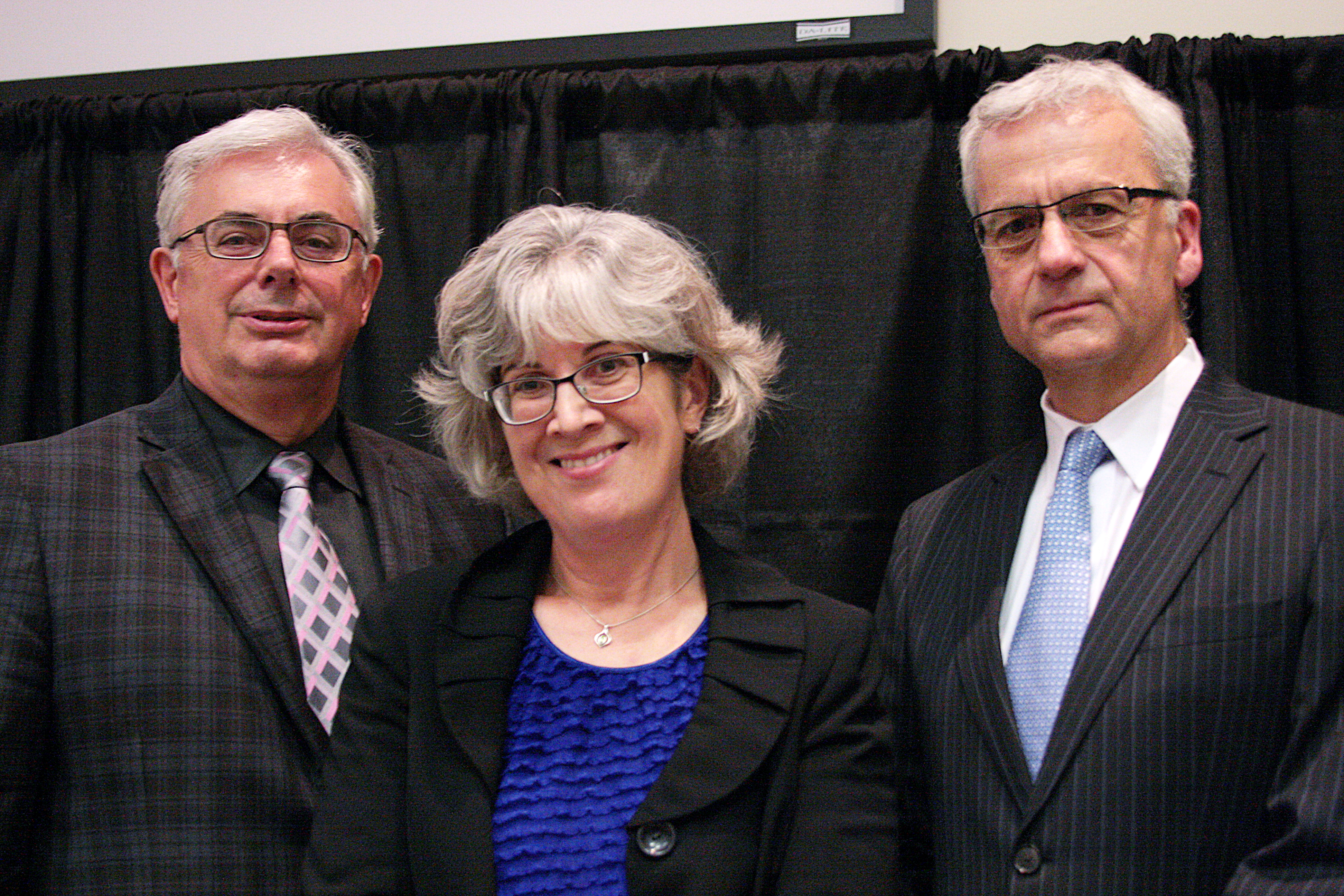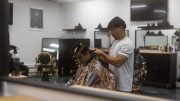During the first Visionary Conversation of the school year hosted by the University of Manitoba, three representatives, one from law, media, and academia, spoke on the topic of, and examined who pays the price for, freedom of expression.
Joanne Kesselman, the moderator and vice-president academic provost, introduced this particular topic as an “important cornerstone of democracy.”
“The Canadian Charter of rights and freedoms sets out our fundamental rights and freedoms including (as written in the charter) the freedom of thought, belief, opinion and expression, including freedom of the press and other media communication,” she explained.
Based on arguments presented by each of the speakers at the seminar, our freedom of expression is only protected within reasonable and justifiable limits.
According to a source on the history of freedoms in Canada, “There is a long history of opposing censorship since state-imposed censorship manifested itself in a myriad of ways in Canada by the 1960s.”
Our freedom of expression is upheld to this day by various governments and institutional means, such as the Canadian Charter of Rights and Freedoms and the Manitoba Human Rights Code – however, free expression is not absolute.
Freedom of expression and the law
The first speaker of the night, Sarah Lugtig, a U of M faculty of law professor, human rights lawyer, and the director of Experiential Learning, referred to freedom of expression and the law. She took a multi-faceted approach to free expression and recognized its applicability as a shield, as a sword, and for support.
At the level of Supreme Court, Lugtig said the charter acts as a shield by protecting the media’s right to disseminate information and the public’s right to access information about the courts.
Freedom of expression may be used as a sword to fight for or intervene to protect vulnerable groups. She explained that the Manitoba Human Rights Code applies anti-harassment policies in this way.
Lugtig asked whether or not anti-harassment policies should apply to universities, which she claimed lies at the heart of the academic freedom debate.
She further explained that free expression is upheld within “reasonable limits,” including restrictions in terms of child pornography, tobacco advertisements, and other advertisements with adverse social and health implications.
The third facet of free expression she spoke about was as a means of support. For instance, whistleblowers legislation ensures our right to feel safe to express ourselves. According to Lugtig, the question remains whether or not governments should support free expression.
Freedom of expression in the media
Cecil Rosner, managing editor of CBC Manitoba, spoke about the impact of free expression in media, alluding to funding deficiencies in public media sources since recent federal budget cutbacks to CBC.
Rosner challenged the audience to consider how they know things. He went on to explain that people may have firsthand experience, but the main way that most people stay informed is through the media, in one way or another.
He posed the question, “How does the media go about to find things out to transmit and convey it to you?”
Rosner’s response was explaining that the media learns various things from official groups and sources, but can also “go into the world and investigate things on their own.”
“Sometimes [the media] comes across, or are sought out by, people who know what is going on within their workplaces—whether it’s within the corridors of government or corporations or other institutions—and that they may have firsthand experience knowing about it.
“[These people are] not the official spokespersons. In fact, usually these types of people are prohibited by employers from conveying information to the media, but for a variety of reasons, feel compelled to speak out.
“The media is stage-managed – and by that, I mean it is managed by those who want to influence the media to say and report certain things.”
To answer the question of who pays the price for free expression, Rosner argued that whistleblowers often pay the price in the face of being disciplined, fired, or sent to jail.
“Their only crime has been to reveal inconvenient truths, and they are being denied their fundamental right of freedom to speech.”
“We need to encourage whistleblowers, not suppress them,” he said.
In conclusion, Rosner addressed the needs to urge whistleblowers to speak out, equip the media to deal with that information, and preserve our freedom of expression.
Freedom of expression in academia
The final speaker was U of M president and vice-chancellor David Barnard, who presented about freedom of expression within the context of academic freedom.
“Academic freedom allows scholars to pursue truth where it takes them – whether in support of, or contradictory, to common orthodoxies.”
Barnard said that professors are expected to challenge what we think we know, and push our boundaries.
“Academic freedom is a valuable principle, and we should all—academics and general public—defend it.”
Barnard addressed the civility argument present in debates, and how it tends to overshadow problems of racism and systemic discrimination.
“As a university, we made a statement of apology about our complacency during the Indian residential school era.
“That apology can be seen as an admission that we did not sufficiently exercise our responsibility to use our freedom of expression. As an academic community, we should have examined what was happening more carefully and spoken out at the time.”
The question of whether free expression and academic freedom should trump all other rights remains to be determined in another forum.
The full conversation is available here.




